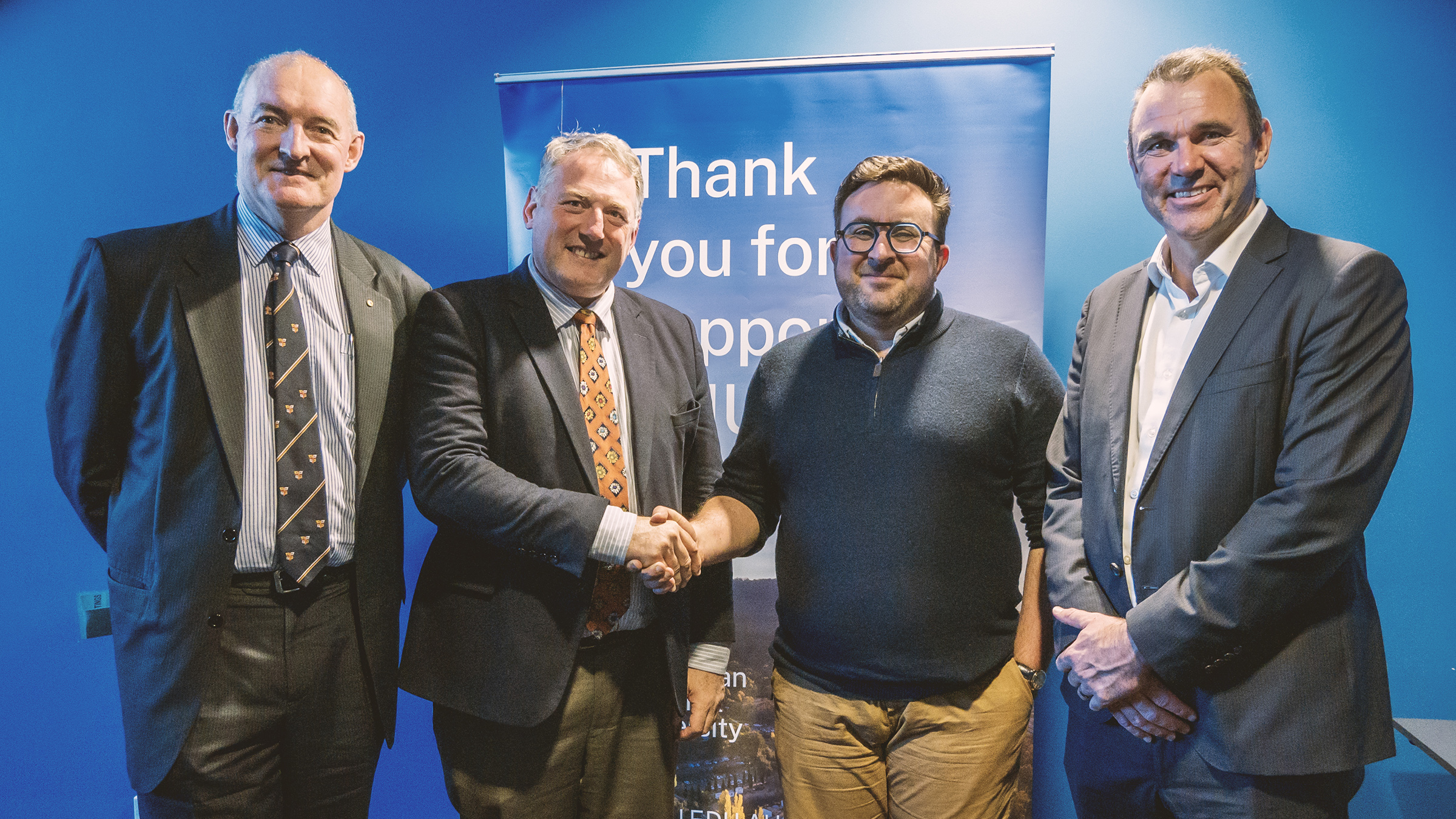Professor Mark Polizzotto recognised with Tony Ayers Award 2022

Cancer is currently the second-leading contributor to premature death, causing almost one in every six deaths worldwide.
According to a recent prediction by the International Agency for Research on Cancer (IARC), the global number of patients with cancer will continue to rise over the next 50 years, likely doubling the 2020 levels by 2070.
While the burden of cancer is growing in almost every country, developing countries bear the brunt of this increasingly urgent health and economic problem.
“Worldwide, over 60% of cancer cases and 70% of cancer deaths occur in developing countries—as many deaths as malaria, tuberculosis and HIV combined,” says Professor Mark Polizzotto, Head of Clinical Hub for Interventional Research (CHOIR) at the John Curtin School of Medical Research (JCSMR), ANU.
Polizzotto’s team works to understand cancers prevalent in those countries, particularly cancers caused by infections, which account for almost one-fifth of all cancers and most cancer cases and deaths in the developing world.
“Our goal is to develop simple, effective cancer treatments that can be used by those who most need them,” says Professor Polizzotto.
The realisation of this goal demands concerted efforts across many levels, so Polizzotto’s team adopts a multilayered approach that integrates translational and clinical science and bridges well-resourced and resource-limited countries.
“We work in close partnership with laboratory scientists, clinicians, and community members, including those in resource-limited countries,” Polizzotto explains.
In the lab, researchers identify cancer therapies that are simple enough to be used in resource-limited settings. Then, rigorous clinical trials are put in place to evaluate the safety and effectiveness of the treatments.
Previously, for example, Polizzotto worked on developing an oral agent called pomalidomide for treating Kaposi sarcoma (KS), a cancer associated with a viral infection.
His work led to the first new drug for KS in 25 years and relevant drug developments in Africa, where KS has its heaviest burden, redefining the whole treatment paradigm of the disease.
Alongside the efforts in therapy development, Polizzotto’s team and collaborators also train young people from Australia and beyond to become leaders in oncology and translational science.
“By doing this, we hope that over time, we can close the gap in cancer outcomes globally and develop a global community of young scientists and clinicians who are also committed to this cause,” he says.
The world-leading work of Professor Polizzotto in understanding the origins of cancers and developing simple therapies to treat or prevent them has been recognised with the Tony Ayers Award for Excellence in Research in Translational Medicine.
The Tony Ayers Award is generously funded by the John James Foundation (JJF) and recognises exceptional medical researchers at the ANU College of Science and Medicine. The Award is named in honour of long-term JJF Board member Mr Tony Ayers AC.
“Tony Ayers’s frank and fearless leadership and tireless support of medical research were inspirational,” Professor Polizzotto remarks, “This work was a team effort over many years, and all those team members share in the honour of this recognition.”
Professor Polizzotto presented the Award-associated public lecture on Thursday at the Finkel Lecture Theatre at JCSMR. You can learn more about Polizzotto's work in the talk:
